NOT DOING Environment, Health and Wellbeing: Coronary Heart Disease
1/22
There's no tags or description
Looks like no tags are added yet.
Name | Mastery | Learn | Test | Matching | Spaced |
|---|
No study sessions yet.
23 Terms
Coronary Heart Disease
CHD
= a cardiovascular disease that occurs when one's heart's blood supply is blocked or interrupted by a build-up of fatty substances in the walls of coronary arteries
- also known as ischaemic heart disease or coronary artery disease
- caused by atherosclerosis => process of walls of arteries being coated in fatty deposits
Incidence and Prevalence of CHD
= currently 2.3 million people in the UK living with CHD (1.5 million and 830,000 women)
=> most common cause of death and premature death in the UK - 66,000 deaths a year
=> cause most number of deaths out of cardiovascular diseases - 43% deaths (strokes cause 18%)
=> 2019: accounted for 13% male deaths and 8% female deaths in the UK
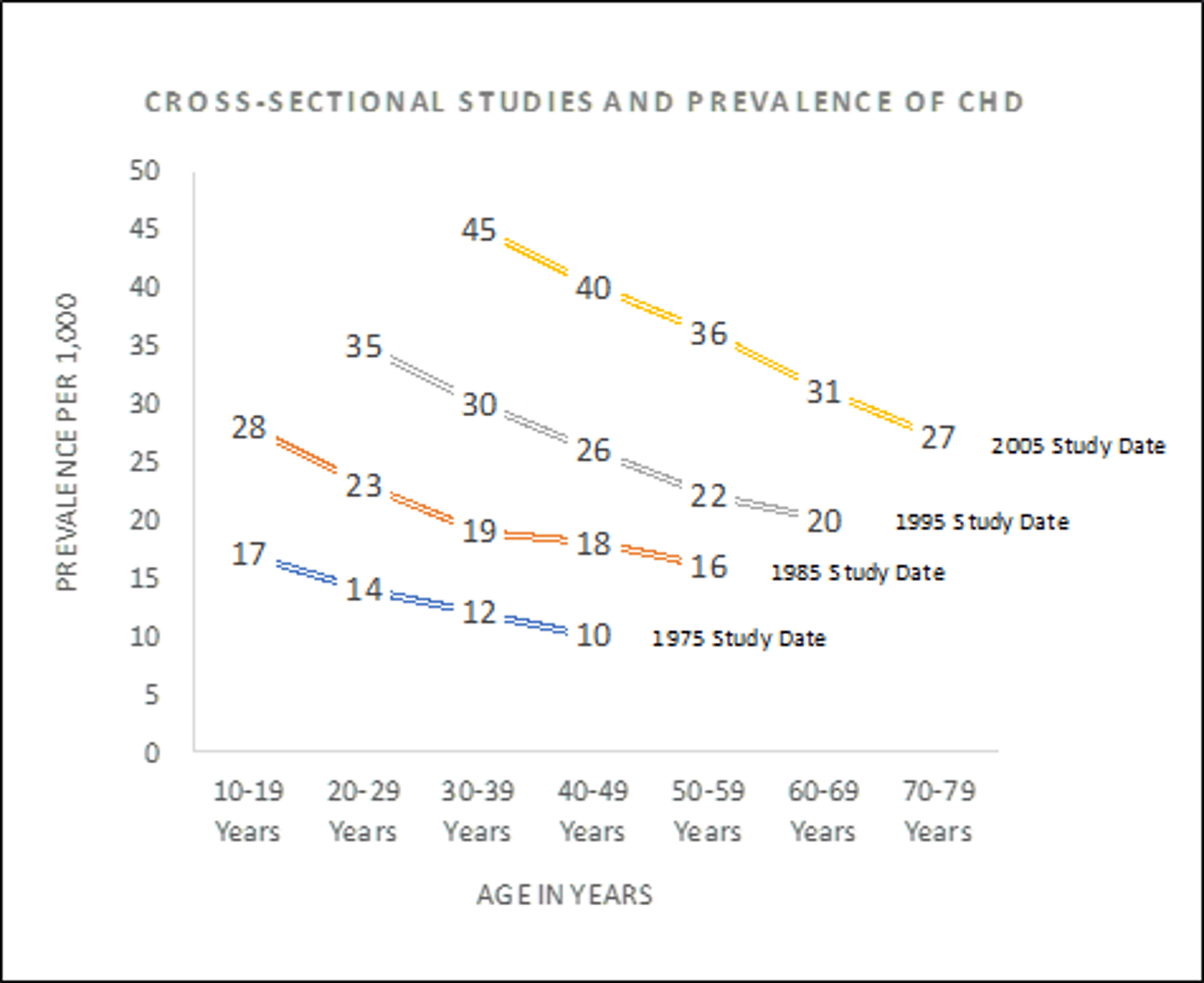
Global Distribution of CHD
=> majority of countries with high CHD rates are MEDCs (more economically developed countries, which the UN recognises to be the USA, Canada, Japan, Australia, NZ, and all of Europe)
=> all of Europe sees between 10,000 and 499,999 deaths a year- UK has 68.8 per 10,000
=> other more developed countries - USA has 80.5 per 10,000 and India has 165.8 per 10,000
=> over 60% of the global burden of CHD is on newly developing countries
=> sub-Saharan Africa has distinctly low rates - Seychelles has 50.3 deaths per 10,000
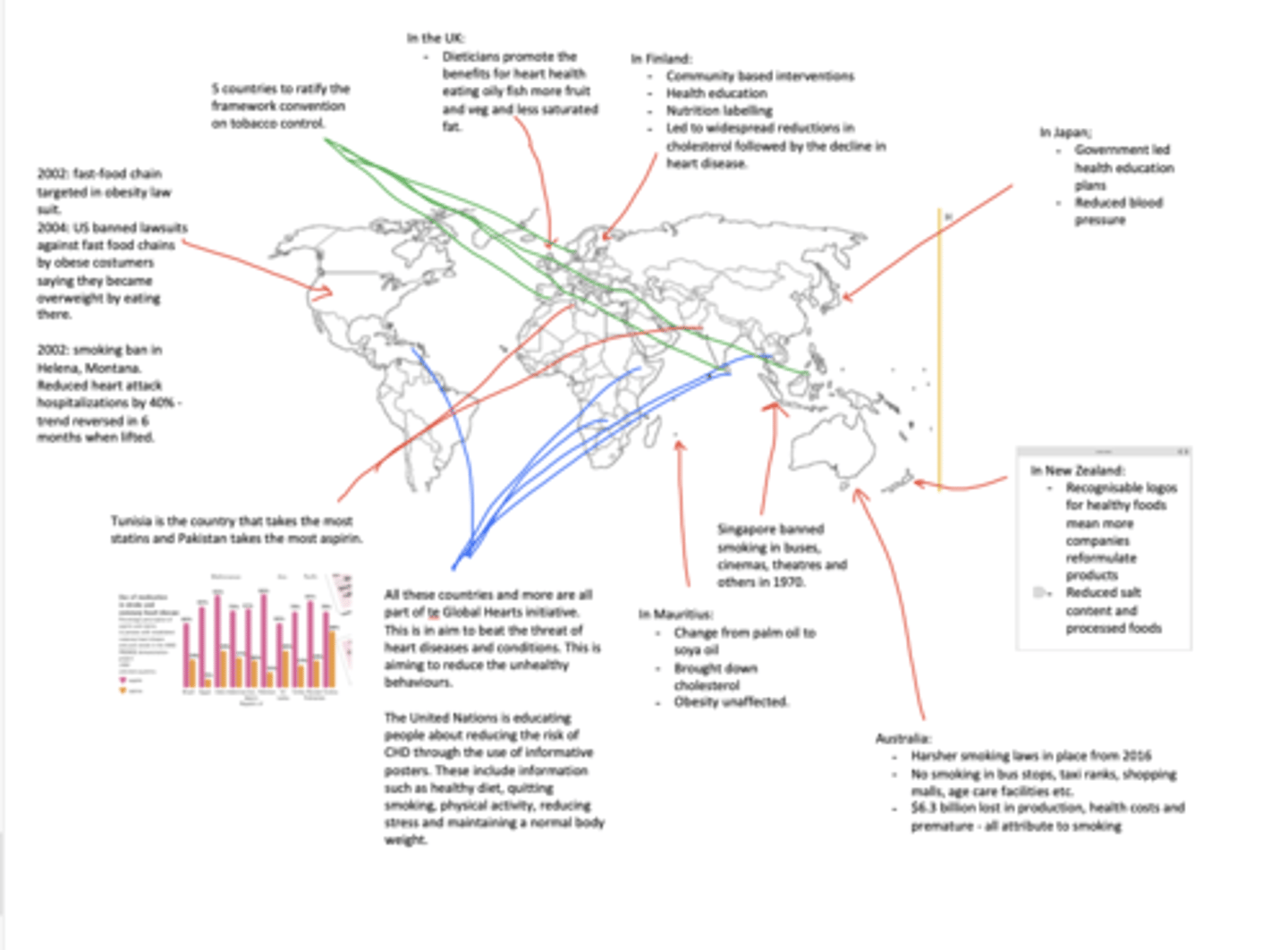
UK distribution of CHD
highest rates in Scotland and north of England

Link of CHD to the physical environment
= exposure to air pollutants
...can travel into bloodstream via lungs to the heart, increasing risk of heart and circulatory diseases
=> most harmful air pollutants: gases like nitrogen dioxide, ozone, and sulphur dioxide
=> industrial air pollutants: diesel and petrol, factory fumes, burning firewood
=> natural air pollutants: soil, pollen, volcanoes, sandstorms, wildfires

Air pollutants and CHD
air pollutants can...
1. damage blood vessels by making them narrower and harder
2. make it harder for blood to flow freely
3. increase risk of clotting
4. increase blood pressure due to heart pumping faster to move blood that can't flow properly
5. increase strain on heart muscle by working it harder
6. chest pains
7. shortness of breath
8. heart attacks
How do air pollutants affect the hearts electrical system & heartbeat
- causes abnormal rhythms
- shortness of breath
- potentially cause small changes to structure of heart
(similar to changes seen in early stages of heart failure)
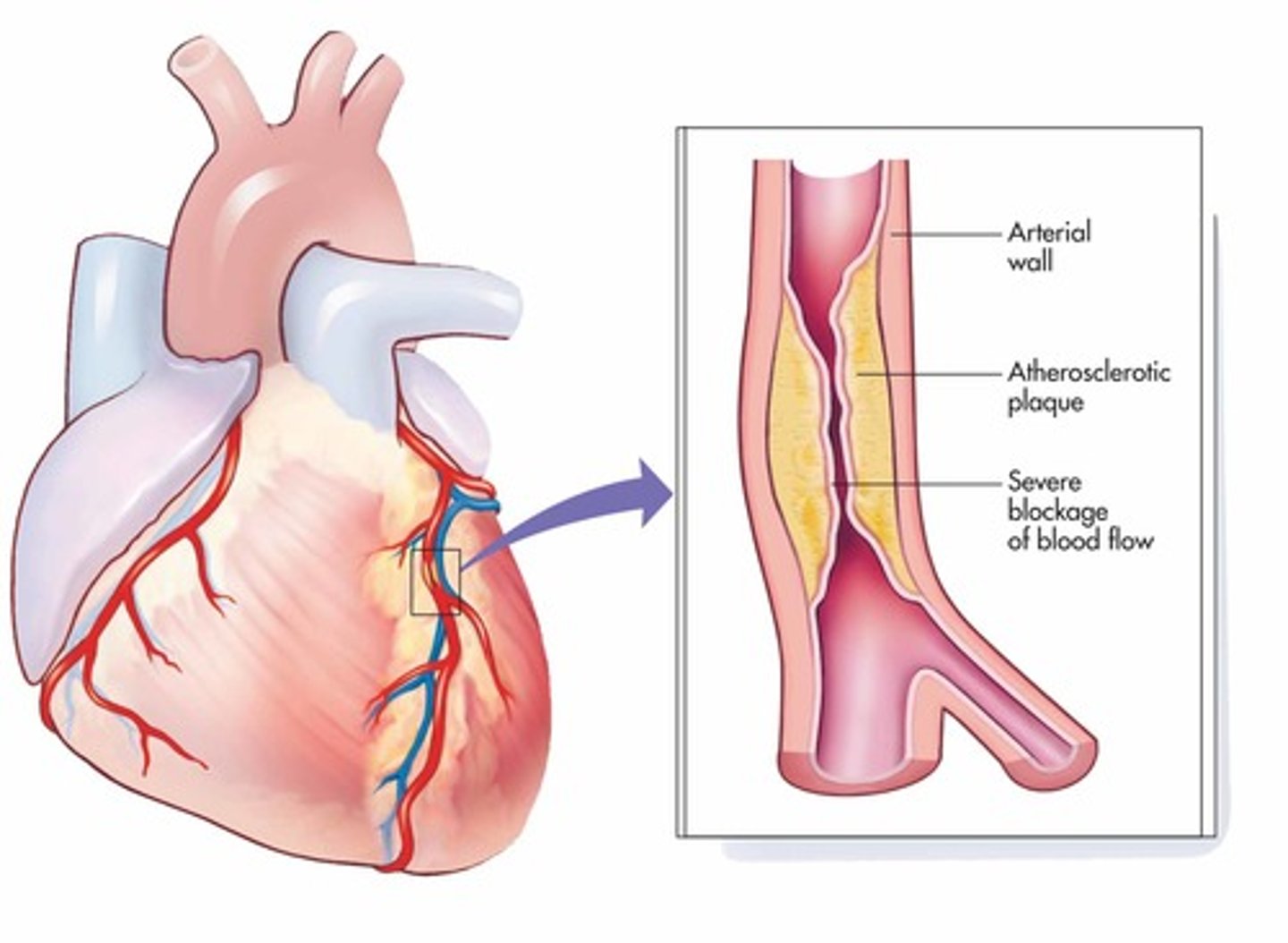
CHD and socio-economics
considered a disease of affluence and age
less developed areas with low life expectancies have fewer CHD cases because other diseases cause death first
over 60% of the global burden of CHD is on newly developing countries

NEE's and CHD
...many newly industrialised countries like India and China have high CHD rates as they're starting to adopt western lifestyles
LIC's and CHD
...African populations tend to be more active due to more labour intensive jobs, and their diets are low in fat due to malnutrition so reduced risk of CHD
Poverty and CHD
...in the UK there's a positive correlation between deaths from circulatory disease and levels of deprivation - those in west of Scotland are 6x more likely to die from CHD than those in southwest England
Impact of lifestyles
smoking
poor nutrition
infrequent exercise
alcohol
psychological wellbeing
Impact of Smoking on CHD
- Nicotine and carbon monoxide put strain on heart, making it work quicker
- Increase risk of blood clots
- Mortality from CHD is 60% higher in smokers
- Regular exposure to passive smoking increases CHD risk by 25-30%
- WHO estimates over 20% of cardiovascular diseases overall are down to smoking

Impact of poor nutrition on CHD
- WHO 2003: diet high in fat, sodium, and sugar and low in complex carbohydrates, fruit, and veg increases CHD risk
- A 2% increase in energy intake from dietary fats increases CHD incidence by 23%
- Oily fish rich in omega-3 fatty acids reduces CHD mortality

Impact of infrequent exercise on CHD
- World Health Report 2002: over 20% of CHD cases in developed countries were due to physical inactivity
- recommended activity levels are 30 mins on 5+ days a week
- over 1/3 adults in the UK are estimated to be inactive
Impact of alcohol on CHD
- 1-2 units of alcohol per day actually reduces risk of CHD because it increases cholesterol
- World Health Report 2002: 2% CHD cases in men in developed countries is due to excessive alcohol consumption
- men and women advised not to regularly drink over 14 units a week, and if drinking more, spread it over 3 days
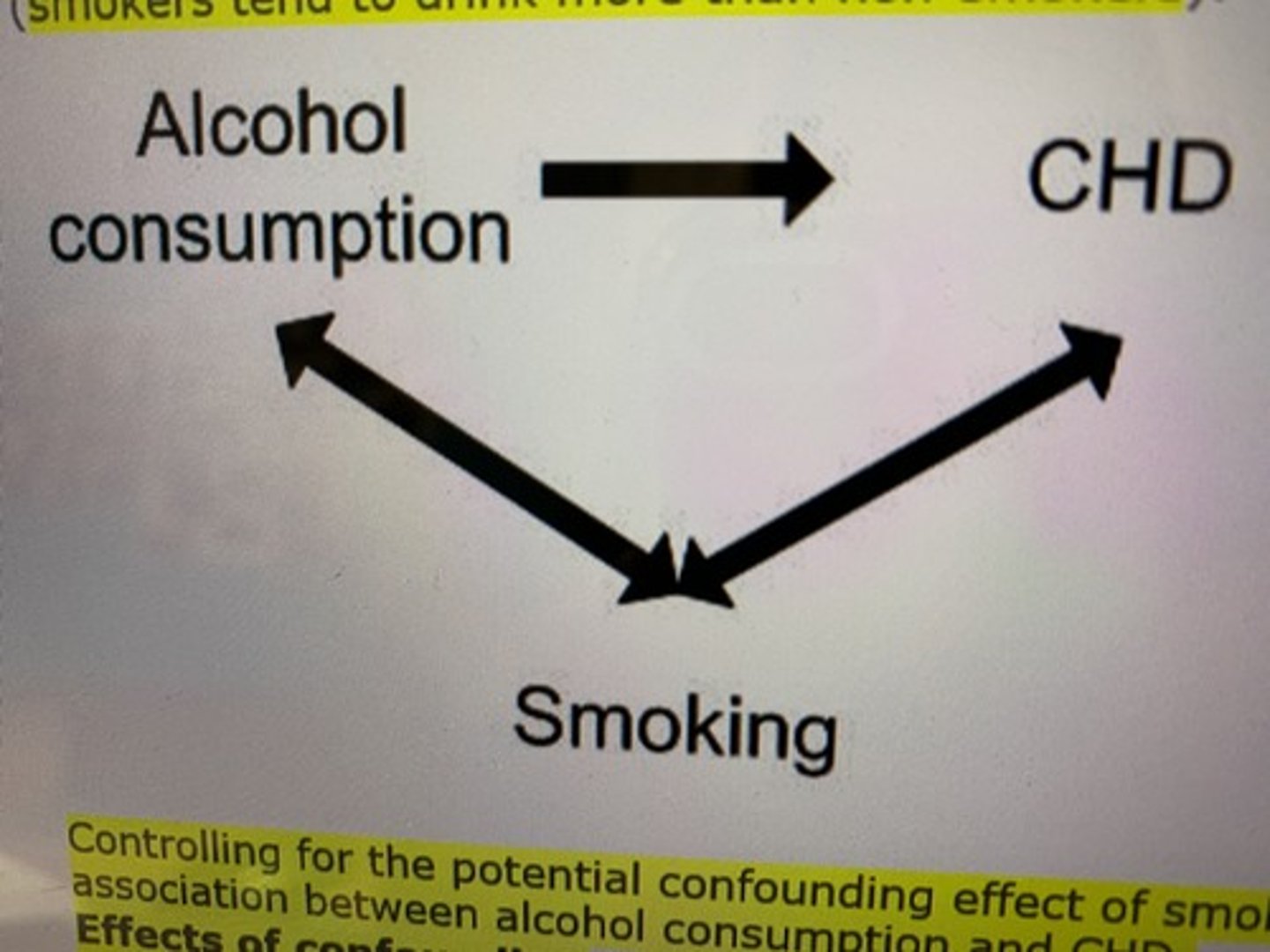
Impact of psychological wellbeing on CHD
stress, lack of support, depression, etc. all increase risk
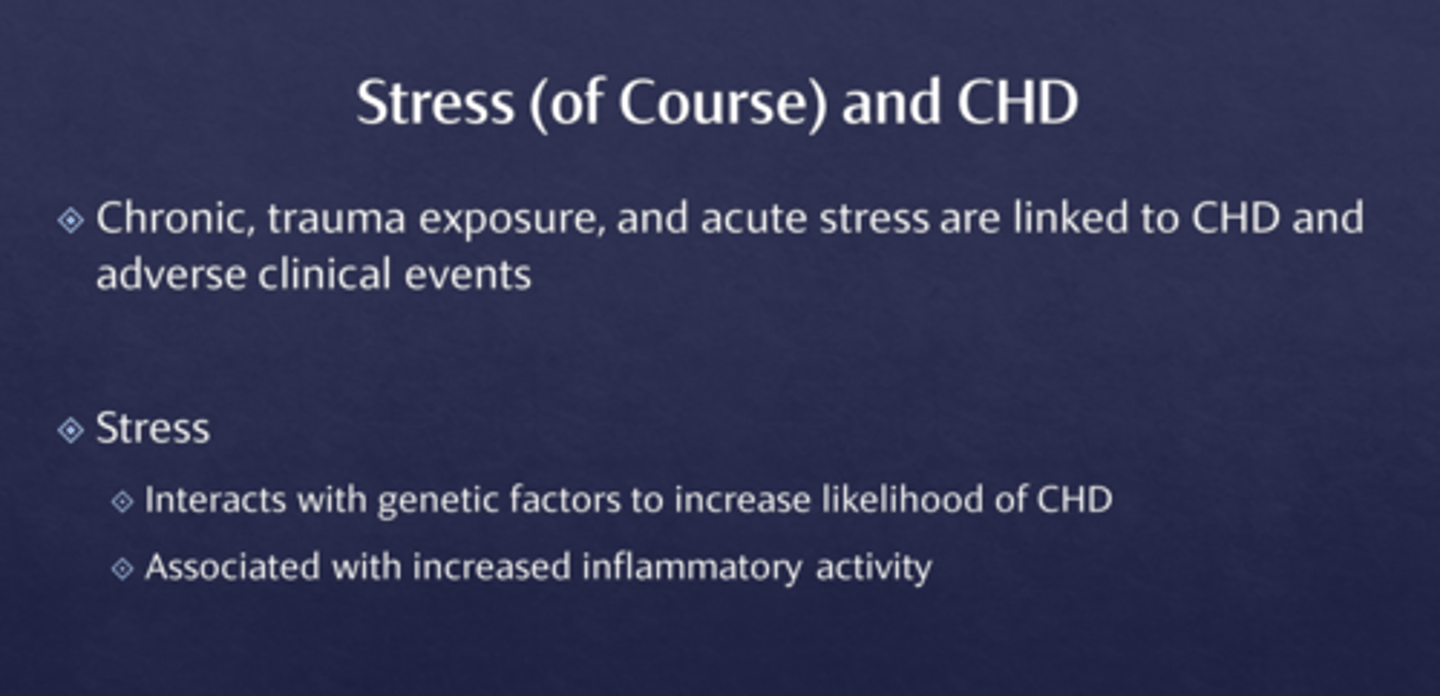
Managing CHD
tests
medicines
stents
coronary artery bypass surgery
Tests for CHD
electrocardiograms, x-rays, echocardiograms, blood tests, coronary angiography, MRI scans
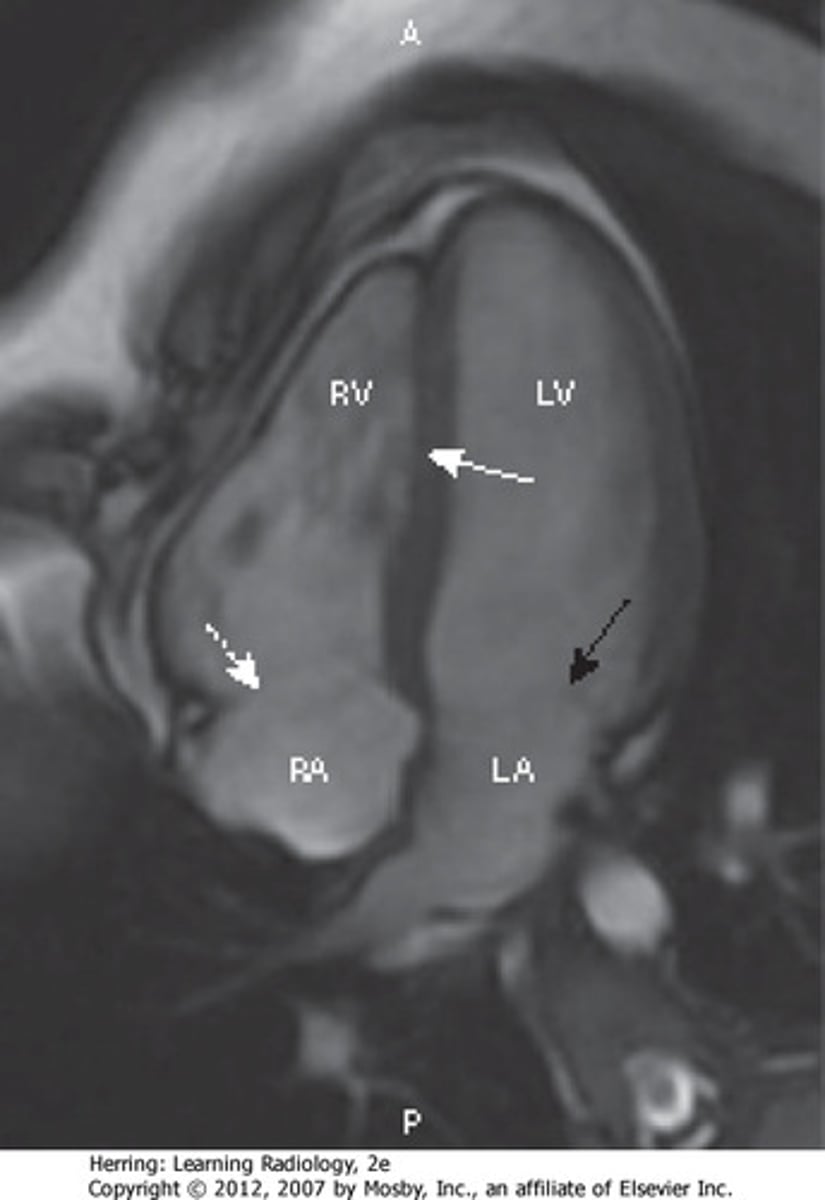
Medicines for CHD
1. blood thinning medication
- to reduce heart attack risk by thinning blood to prevent blood clots
e.g., clopidogrel and low-dose aspirin
2. statins
...to lower cholesterol by slowing down production of low-density lipoprotein in liver, helping remove cholesterol
e.g., atorvastatin
3. beta blockers
... to treat high blood pressure by blocking effects of a hormone in the body, slowing down heartbeat and improving blood flow
e.g., atenolol and bisoprolol
4. vasodilators / nitrates
...to widen blood vessels by relaxing them to let more blood pass through, lowering blood pressure and relieving heart pain
e.g., tablets, sprays, and skin patches
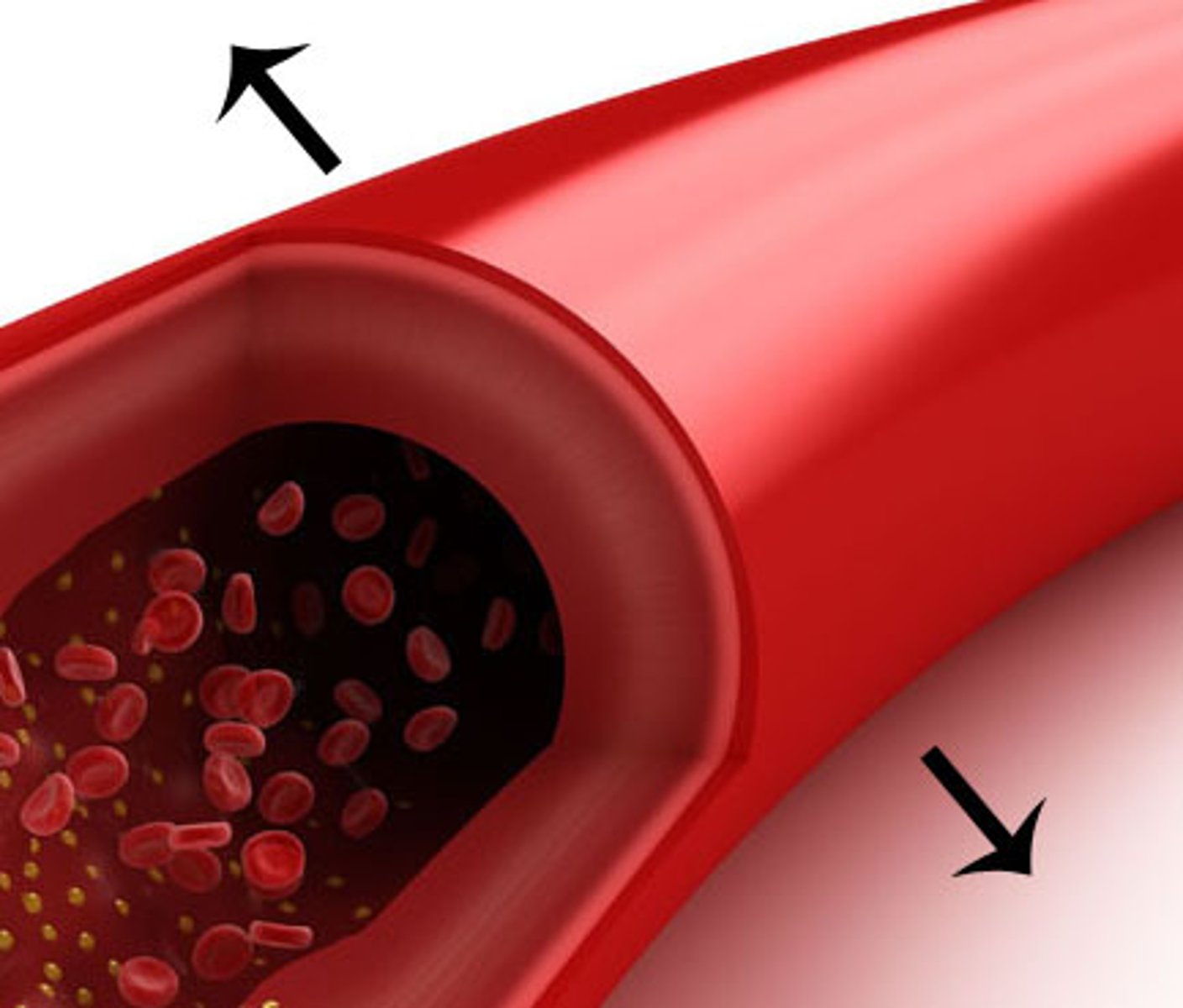
Stents to treat CHD
=> specifically, percutaneous coronary intervention
=> improves blood supply back to heart
=> works by putting a narrow flexible tube into body and pushing it to coronary artery, then inflating a small balloon to widen the narrowed part of the artery
=> results in less pain, less breathlessness, more energy, better mood, and reduced risk of heart attack
coronary artery bypass surgery
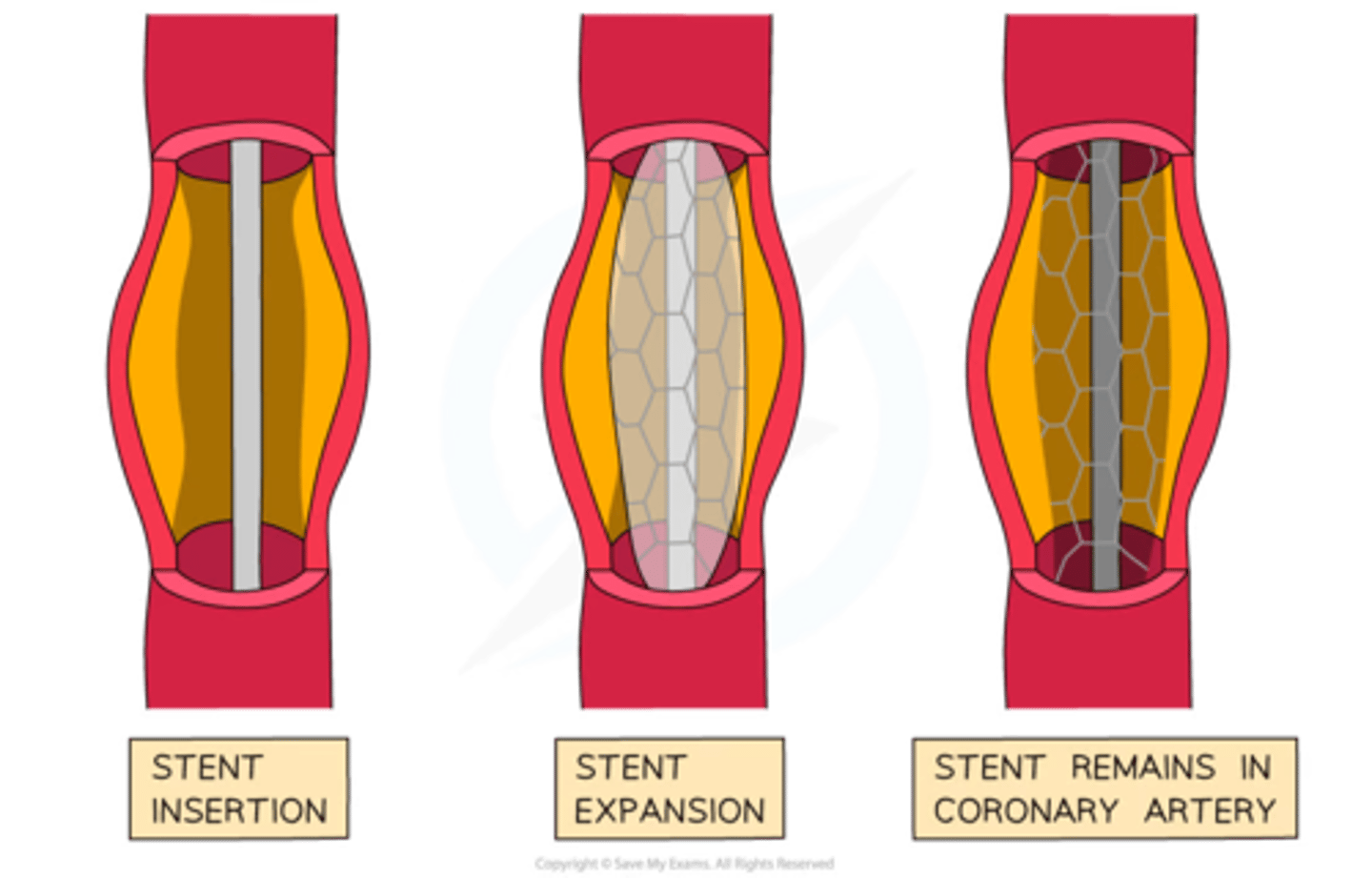
Coronary Artery Bypass Surgery
=> surgery involving taking a blood vessel and attaching it between the aorta (main vessel leaving heart) and a point along coronary artery, to bypass the narrow / blocked section
=> results in better sleep, better mood, and more energy
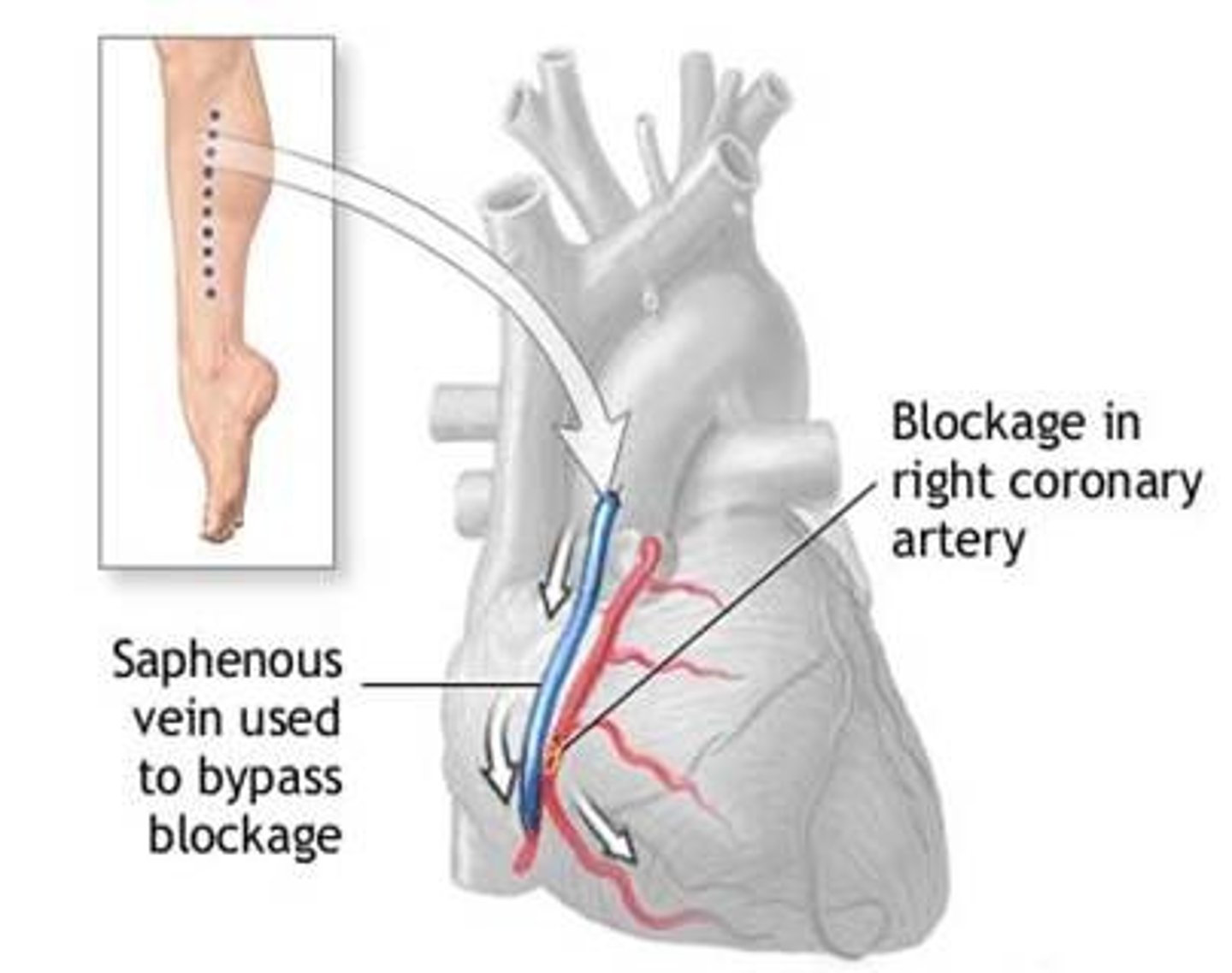
Mitigation against CHD
1. quit smoking
2. healthy, balanced diet
...5 portions of fruit and veg needed
...limited salt to 6g a day as too much increases blood pressure
...avoid saturated fats - fatty meats, cream, butter
...more unsaturated fats - oily fish rich in omega-3, avocados, nuts, seeds
3. more exercise
...recommended activity levels are 30 mins on 5+ days a week
...will make heart and blood circulatory system more efficient, lower cholesterol, and keep blood pressure at healthy level
4. reduce alcohol consumption
...men and women advised not to regularly drink over 14 units a week, and if drinking more, spread it over 3 days